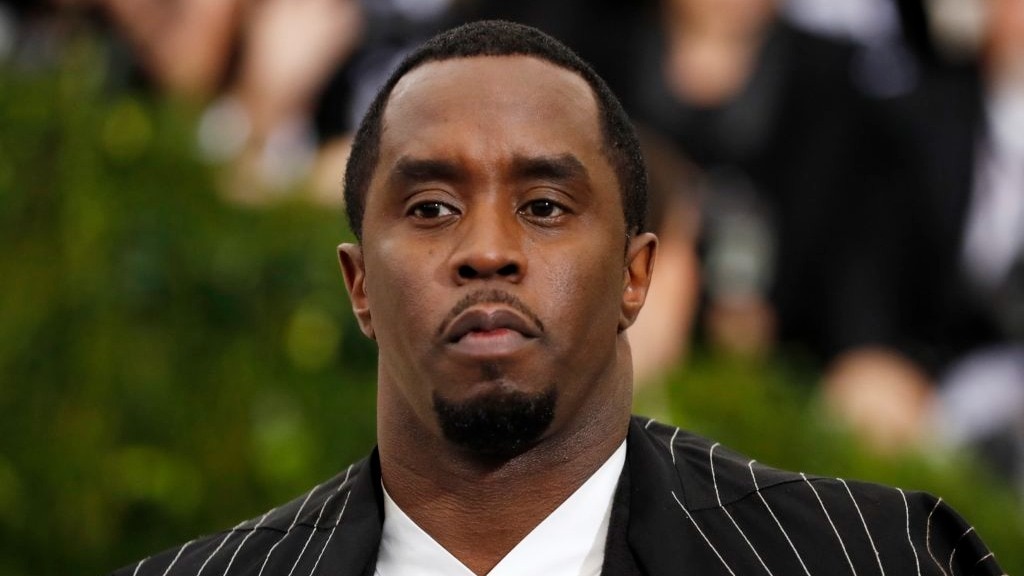The music industry is witnessing one of its most dramatic downfalls as federal prosecutors push for a sentence exceeding 11 years for Sean “Diddy” Combs, the hip-hop mogul whose empire once seemed untouchable. The case, which has captivated public attention and sent shockwaves through entertainment circles, represents a stunning reversal of fortune for one of the industry’s most influential figures.
The Prosecution’s Case: Seeking Maximum Accountability
In court filings submitted this week, federal prosecutors have requested “at least 135 months’ imprisonment” for Combs, alongside a substantial $500,000 fine. The severity of the requested sentence reflects the prosecution’s view that the charges against the music executive warrant significant consequences.
US District Judge Arun Subramanian is scheduled to deliver the sentence during a hearing on Friday in Manhattan, bringing to a close a legal saga that has dominated headlines for months. The timing of this hearing places it at the center of what legal experts are calling a watershed moment for accountability in the entertainment industry.
The prosecution’s approach suggests they view this case as an opportunity to send a clear message about the consequences of exploiting positions of power and influence. Legal analysts note that the specific request for “at least” 135 months indicates prosecutors believe the circumstances warrant the upper end of sentencing guidelines.
Understanding the Charges: Context and Implications
The conviction centers on prostitution-related charges, but the broader implications extend far beyond the specific legal violations. These charges represent a pattern of alleged behavior that prosecutors argue demonstrates a systematic abuse of power within Combs’ business empire.
Legal experts explain that prostitution-related charges in federal court often involve complex networks and can include various related offenses such as racketeering, money laundering, or interstate transportation violations. The federal nature of the charges suggests the alleged activities crossed state lines or involved other factors that brought them under federal jurisdiction.
The Federal Sentencing Framework
Federal sentencing guidelines consider multiple factors when determining appropriate punishment, including the severity of the offense, the defendant’s criminal history, and the impact on victims. The prosecution’s request for 135 months suggests they successfully argued for enhanced penalties based on factors such as leadership role, scope of criminal activity, or abuse of trust.
Former federal prosecutor Maria Gonzalez notes, “When prosecutors seek sentences at this level for these types of charges, it typically indicates they’ve presented evidence of sophisticated criminal enterprise rather than isolated incidents.”
From Hip-Hop Royalty to Federal Defendant
Sean Combs’ journey from celebrated entrepreneur to convicted felon represents one of the most dramatic falls in entertainment history. Once known for building a multimedia empire that included music production, fashion lines, and beverage companies, Combs was widely regarded as a visionary who helped shape modern hip-hop culture.
His Bad Boy Records launched the careers of numerous artists, including The Notorious B.I.G., and his business acumen earned him a spot on Forbes’ lists of wealthy entertainers. The contrast between his public persona as a successful businessman and the charges that led to his conviction has stunned fans and industry insiders alike.
Industry Impact and Cultural Significance
The case has prompted broader conversations about power dynamics in the entertainment industry. Industry advocates argue that high-profile convictions like this one may encourage other victims to come forward and seek justice for similar experiences.
Dr. Sarah Williams, who studies power structures in entertainment, observes: “This case represents a significant shift in how the industry and law enforcement approach allegations against powerful figures. It demonstrates that success and influence don’t provide immunity from accountability.”
Legal Precedents and Comparable Cases
The Combs case joins a growing list of high-profile prosecutions involving entertainment industry figures accused of serious crimes. From Harvey Weinstein to R. Kelly, recent years have seen increased willingness by prosecutors to pursue complex cases against celebrities and industry moguls.
These cases share common elements: allegations of systematic abuse, use of industry position to facilitate criminal behavior, and complex networks of enablers and victims. The sentences in these cases have generally reflected the serious nature of the charges and the defendants’ positions of trust and authority.
Legal scholars note that federal prosecutors have become more sophisticated in building cases that capture the full scope of alleged criminal enterprises, rather than focusing solely on individual incidents.
The Sentencing Decision: What to Expect
Judge Subramanian faces the complex task of weighing multiple factors in determining an appropriate sentence. Beyond the prosecution’s recommendation, the court will consider defense arguments, victim impact statements, and Combs’ personal circumstances.
The defense team is likely to present mitigating factors such as Combs’ charitable work, his role as a father, and his contributions to the music industry. However, the prosecution’s request for a substantial sentence suggests they’ve presented compelling evidence of serious criminal conduct.
Broader Implications for Justice
The outcome of this sentencing will likely influence how similar cases are prosecuted and sentenced in the future. A sentence aligned with the prosecution’s request would reinforce the message that wealth and fame don’t shield individuals from consequences.
Conversely, a significantly lighter sentence might be interpreted as evidence that different standards still apply to celebrities and wealthy defendants.
Moving Forward: Industry Reform and Accountability
Regardless of the specific sentence imposed, the Combs case has already catalyzed important conversations about reform in the entertainment industry. Industry organizations are implementing new guidelines for conduct and reporting, while advocacy groups push for stronger protections for vulnerable individuals.
The case also highlights the importance of federal law enforcement’s role in addressing crimes that might otherwise be difficult to prosecute at the state level due to jurisdictional limitations or resource constraints.
Key Takeaways
- Federal prosecutors are seeking at least 135 months (11+ years) in prison for Sean “Diddy” Combs following his conviction on prostitution-related charges
- The requested sentence reflects the serious nature of the charges and suggests prosecutors view this as involving systematic criminal behavior rather than isolated incidents
- The case represents a dramatic fall from grace for one of hip-hop’s most successful entrepreneurs and cultural figures
- Judge Arun Subramanian will determine the final sentence during a Friday hearing in Manhattan federal court
- The prosecution has also requested a $500,000 fine in addition to the lengthy prison term
- This case joins a growing trend of high-profile prosecutions targeting powerful entertainment industry figures
- The outcome may influence future prosecutions and industry accountability measures
This article is based on reporting from the original source

Born and raised amidst the hustle and bustle of the Big Apple, I’ve witnessed the city’s many exciting phases. When I’m not exploring the city or penning down my thoughts, you can find me sipping on a cup of coffee at my favorite local café, playing chess or planning my next trip. For the last twelve years, I’ve been living in South Williamsburg with my partner Berenike.

